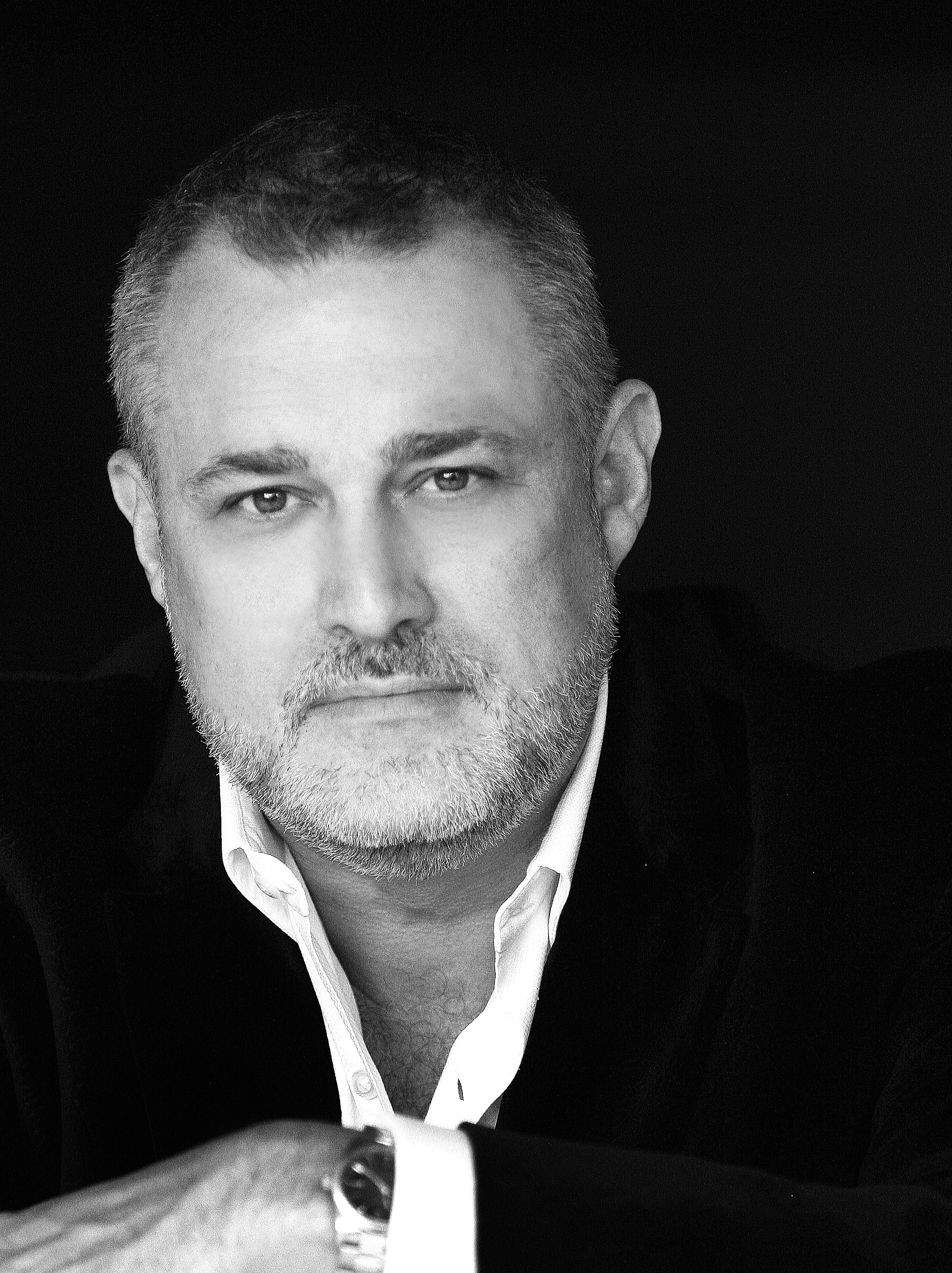Leading in Times of Stress: The Worst Parts of Our Personality Come Out
Leading in Times of Stress: The Worst Parts of Our Personality Come Out https://csuiteold.c-suitenetwork.com/advisors/wp-content/themes/csadvisore/images/empty/thumbnail.jpg 150 150 jeffreyhayzlett https://secure.gravatar.com/avatar/7d20a01ed9c1d91ad616e067720c7767?s=96&d=mm&r=g
Recently I sat down with Beth Weissenberger, co-founder and president of the Handel Group Corp & Sports, one of the most successful coaching companies with clients from professional athletes to major brands helping companies and executives going through major transitions.
We had a candid conversation about changes in business, personal relationships, and more. In her role as President of the Handel Group, Beth helps companies triple their business by teaching them the “Handel Method,” which she described as “raising the bar of integrity in your organization.”
We’ve all experienced stress during this pandemic. We are all worried about our businesses, personal lives, family, friends, jobs, and the current state of the world. It’s very easy to feel overwhelmed and pessimistic about all that we’ve gone through and what’s yet to come.
No matter how you look at it, we have all felt scared. It is during times like these that Beth says the worst parts of our personality come out.
“What sucks about you comes out,” Beth commented. “What we do as an organization is we have people deal with their own humanity, their dark side. We have what’s great about us and what sucks about us. In this time, everything that sucks just gets magnified. As a leader for your people, you have to know everyone is in different places. The best way to support that is to be in communication with them.”
She argues that while it may be difficult at times, it is also fun to own your dark side – using her own life as an example. We all experienced her vulnerability and were able to identify with each situation she presented.
“Part of my dark side is I was divorced twice, and my third relationship cheated on me,” Beth revealed. “Now, I’m with the love of my life. I’m good, but it took me ‘till I was friggin’ 59 years old. I suck at relationships.”
The quicker you address and own your faults, you can open the lines of communication and grow stronger personally and professionally. You have to make a promise and find somebody to hold you accountable to ensure those promises are kept.
Another pillar of the Handel Method is: design your day. Beth said not to think of this as your usual to-do list. You have to ask yourself how you want your day to look like?
“Every single morning, before the day hits, you sit down and design your day, preferably with an accountability partner. Then, at the end of the day, with your buddy, you account for it…Design your day from the principle that we teach called authoring versus being a victim.”
Dreaming is a big part of the Handel Method as well. As children, we are uninhibited in how we dream about the future. As adults, we forget how to dream. Beth suggests that we dream in about 12 specific areas of our lives that cover both personal and professional goals.
“Start with a big ass dream,” she exclaims. “You need to author a big dream and work back from that…but still dream based on the reality of what we have…pivot quickly and reinvent.”
As we strive to dream big, we all fall victim to the voices in our heads – which I refer to as the “Captains of No.” Beth teases the analogy out a little further, breaking them down into the “three board members running your life”: the chicken, the brat, and the weather reporter.
The Chicken:
The chicken avoids everything, procrastinates, and has an excuse for why things don’t get done.
The Brat:
Beth says to think of the brat like a teenage girl. This voice is defiant and wants to rebel.
The Weather Reporter:
Finally, there’s the weather reporter which happens to be the subtlest of all three voices, but just as deadly. It makes things that are only real in your mind reality, sabotaging your plans.
Once you address the negative voices in your head. You can move on to address the culture in your team. While it may seem like a business cliché by now, but we can all agree that culture eats strategy for lunch. Beth agrees too, but she has some simple, concrete ideas to help your company build a better team culture.
“The most important thing in building an honest culture is you got to take gossip out. Gossip is criminal. Everyone is gossiping, including the bosses. That’s where (employees) learn it from,” Beth said.
During times of transition the key to fostering great team cultures and communications is being able to address the personal negativity and team gossip. Minimize negative attitudes and encourage open lines of communication.
There were some great insights from Beth and I was refreshing to have frank conversation with someone who is able to put complex situations in perspective. This post barely scratches the surface of our discussion. If you’d like to hear it all, including the insightful questions from our C-Suite Network members, we’ve got it all for you on an episode of All Business with Jeffrey Hayzlett. Listen to it through the player below or find it wherever you get your business podcasts.


